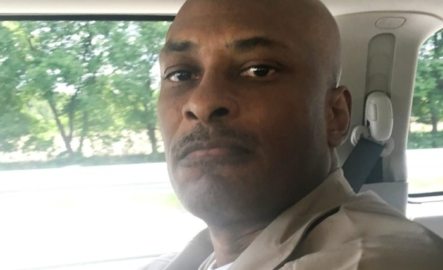The History of a people is essential to their existence as it informs them on the path to take. History has most often been theorized as a story of the past, and not the past itself. With that, the story would be what is told and not necessarily what really happened. History is ingrained in society and is important for preserving and advancing culture.
The history of a civilization as described by another culture will differ from the history as told by the culture itself; as a result, what one culture considers to be historical fact may be considered fiction by another. As the beliefs of people might inform their historical knowledge, it is also certain that those who do not accept such beliefs would end up not accepting the histories as told. It would therefore be unwise for a people to leave their histories in the hands of others. This, however, is where Africa has found itself today.
The world as we know it today is one big global village where people might get information about other cultures without necessarily making any movement. Through movies, we have been informed about the many places we have only heard of, and sometimes, we even believe we know enough about such places just because of what we saw about them in the movies. What we know, however, is what the makers of such movies want us to know.
Most countries have through movies been able to tell their stories in a manner that favors them. Such stories when told by opposing countries end up being quite different. But it is only the people who had first-hand experiences that could meaningfully describe their stories. Through movies, we have seen the different angles of world wars and other global experiences based on the point of narration and the countries that told the stories. Such movies take us back in time and help us to put some pieces together. But then again, we cannot fully rely on a story about a culture told by another culture, as they might bear some prejudices and exaggeration.
Africa, despite our diverse resources, is still trying hard to catch up with the world in many aspects of our development. The film industries in Africa have indeed failed to let the world see us just as we are, and not how we are portrayed to be. Our precolonial, colonial, and postcolonial experiences have enriched us with a wide history we could tap into to let the world see what they have been missing all this while. We have, however, ignored these histories and have allowed the west to tell our stories for us.
Quite recently, I was watching Disney’s ‘The Woman King’ and even though I acknowledge it is a great movie, I wondered how the story would have been told had it been told by the people of Benin themselves. Concentrating on glamorous movies and trying to copy western action-packed movies does not reflect us.
I must applaud Ghanaian film director and producer Leila Djansi for her “Ties that Bind”. Indeed, that was a movie that was Ghanaian and felt relatable. But then, when are we going to have Ghanaians tell the stories about the fight for our independence, or have Nigerians do the same? Doing Historical movies doesn’t also mean we should ignore the things that would complete the stories just because we want to make such movies. The props, costumes, and timelines must all be considered, and these make such movies very expensive.
A thousand miles journey, however, begins with a step. Once Africans become more serious about making an impact with the stories they tell in their movies, it will be possible to rally investors to meet the budgets for quality movies that can help us tell our stories like they should be told. Why try to do movies based on western stories we read or western movies we watched when we have diverse stories to choose from? And why allow foreigners to tell our stories for us when we can tell them ourselves and better? We need to claim our respect with our stories. Africa has come a long way, and we must let our histories have meaning for us and the generations after us.










